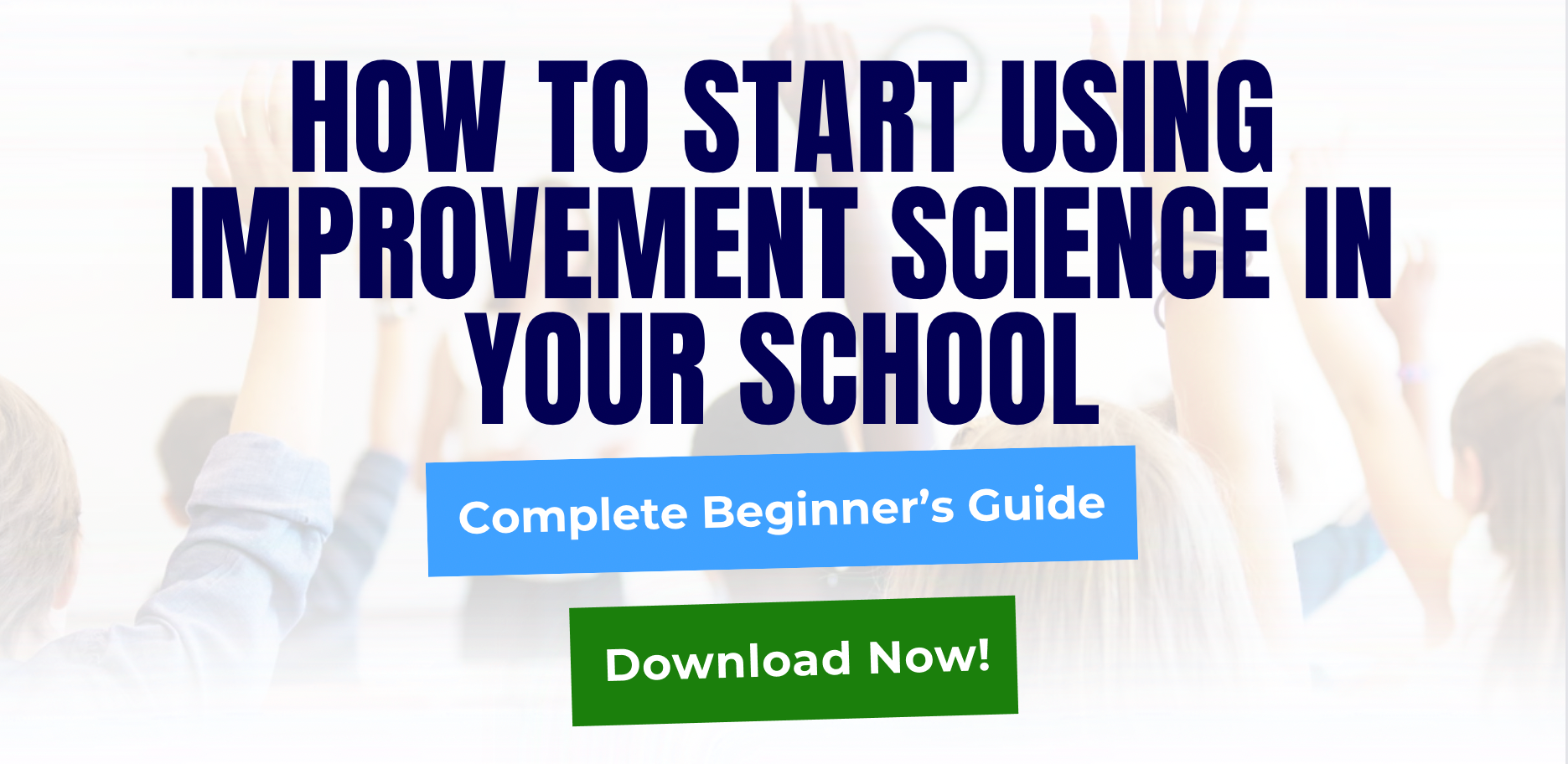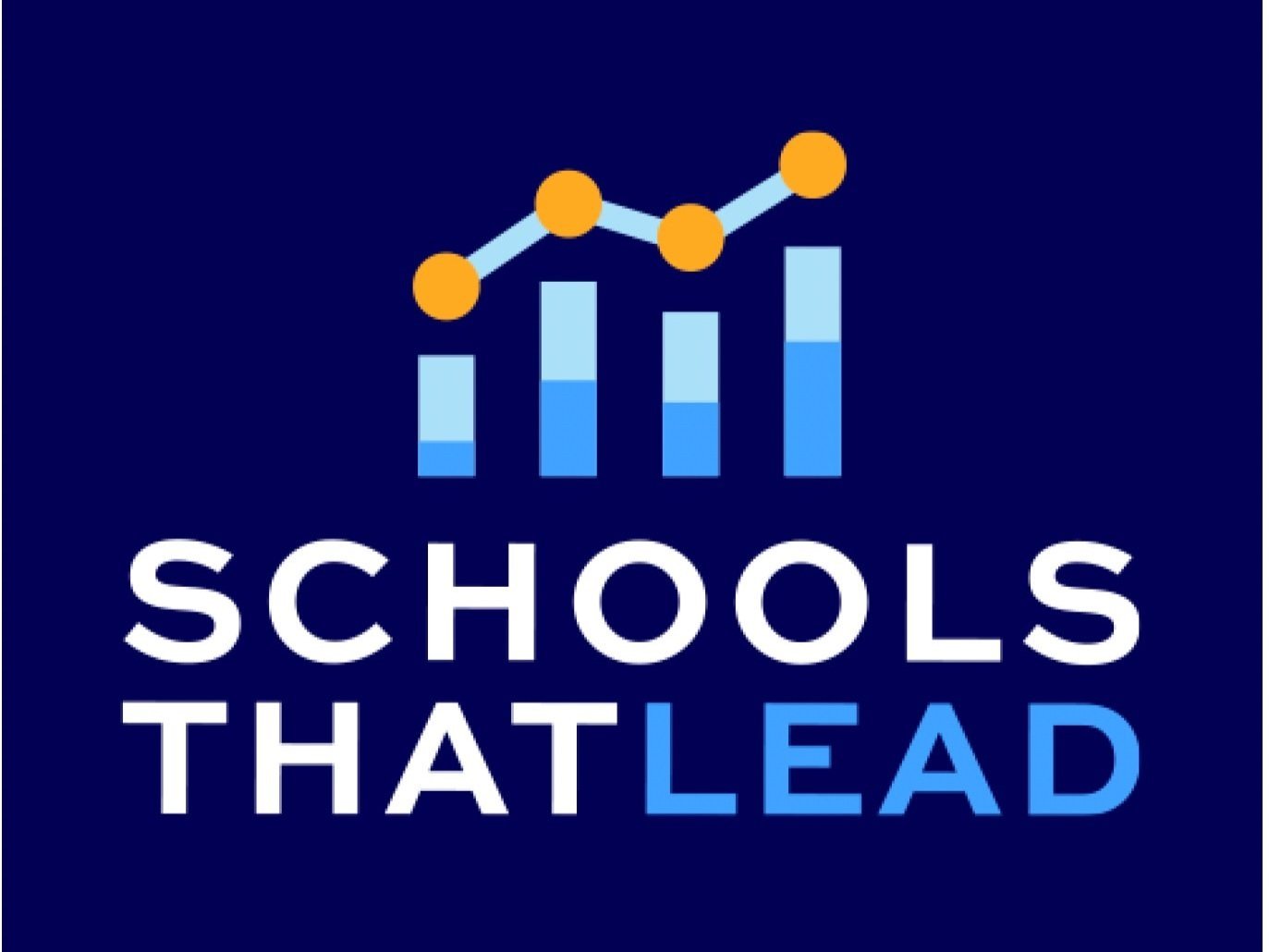Schools That Lead Shares their Tips and Advice for New Teachers
As we approach the start of another school year, Schools That Lead’s Taqwanda Hailey and Dana Diesel wanted to share their advice for new teachers entering the classroom for the first time.
Dana and Taqwanda were long-time teachers, having amassed a wealth of experience and knowledge throughout their careers. Taqwanda, with her innovative teaching strategies and dedication to student engagement, and Dana, known for her expertise in curriculum development and mentorship, share their unique perspectives on navigating the early years of teaching. Their conversation sheds light on essential skills, effective classroom management, and the importance of resilience in the profession, offering a rich guide for those embarking on their teaching career.
Advice for New Teachers Entering the 2024-25 School Year
1. What is the most important piece of advice you would give to a new teacher starting in the 2023/24 school year?
Dana C. Diesel: Don’t spend time in the faculty lounge! Really, don’t struggle in silence. When you have questions or need help, reach out to folks on staff. Develop working relationships with faculty and administrators early.
Taqwanda P. Hailey: Set your personal and professional goals. Don’t try to be great at everything at the same time. Choose one area of focus to improve upon and continue to build from there.
2. How do you manage classroom behavior effectively while maintaining a positive learning environment?
DD: When kids know that you care about them, they are far less likely to misbehave and when they do they are more likely to respond positively when you redirect them. Listen to their concerns with empathy.
TH: Clearly state your expectations. Be consistent in implementing. Students have to learn your rules, and you should practice how you will enforce them. Plan how you will present your expectations, redirect behaviors and issue consequences. Consistency builds trust.
3. Can you share some strategies for building strong relationships with students?
DD: Know your students’ names and call them by their names! Ask them about what they like to do out of school; what they like/don’t like about school; how they think their school could be better, etc. And if there’s something you can take action on, they will know you are listening and responding proactively. That goes a loooooong way. Remember, they are still kids, even high schoolers.
TH:Tell students about yourself. Allow them to make a human connection with you early. Make it a point to communicate with every student individually every day. Learn about your students background and interests.
4. What are some common mistakes new teachers make, and how can they avoid them?
DD: Don’t wait to call the parent until after you have a concern about a student and the first contact you have with them is negative. Do not do this! Call every parent in the first week of school. A short call – just sharing that you are happy to have them them as a student in your class, looking forward to getting to know them better, and maybe something good you have already seen in the student. And let the parent know you are looking forward to meeting them sometime!
5. How do you stay motivated and avoid burnout after many years in the profession?
TH: Continue to seek opportunities to grow professionally in the areas that interest you. Ask for help when you need it. Do not fall into the pitfall of perfectionism.
6. What are the best ways to collaborate with colleagues and create a supportive teaching community?
DD: Ask for help when you need it and give it when you are asked.
TH: Find those within your department and PLC and work with them. Visit other classrooms and invite colleagues to visit yours; be the support you would like to receive from colleagues.
7. How do you incorporate technology into your teaching, and what tools do you find most effective?
TH: I incorporated technology into components of learning and instruction. Do not overdo it! Balance screen time with collaborative group work and face to face interaction. Also, I considered what my students enjoyed and incorporated that into my classroom.
8. What have you found to be the most effective methods for engaging students and keeping them interested in the material?
TH: You have to connect with the students first, and the material that you are teaching second. You have to be interested in the content that you teach. The students can tell if you are not. Be the content expert but allow students to experience your curiosity. Allow them to hear you ask questions.
9. Can you share a memorable teaching moment that highlights the rewards of this profession?
TH: Watching students grow up essentially is the reward. I started my teaching career as math teacher. The relationships and bonds we formed were deeper than algebra. I was able to celebrate successes and support many through difficult times. In many ways, they taught me lessons. We grew together. I had the opportunity to serve as the assistant principal for many of the same students I taught math. I was able to support them as a school leader and positive mentor. At their graduation, I was honored to announce their names as the walked across the stage to receive their diploma. At that moment, I made eye contact with each student, knowing their story and understanding the value of the moment. Collectively, those moments were the most rewarding and memorable.
11. What professional development opportunities would you recommend for new teachers?
TH: Classroom management is important. Without effective classroom management, teaching and learning can not happen. Take every opportunity to learn how to manage your classroom.
12. How do you balance the demands of teaching with your personal life?
TH: I used to spend hours after school trying to plan for the weeks and months in advance. A veteran teacher gave me great advice. She told me to be sure I had a solid plan for the next day, close my computer and go home. I took her advice. It takes time to build a library of lessons and resources.
Learn more about Schools That Lead’s impact on North Carolina schools.

TAQWANDA HAILEY
Chief Analytics Officer
Taqwanda is the Chief Analytics Officer for Schools That Lead. With a Bachelor of Science in physics from North Carolina Central University, she has taught both secondary school and community college courses. In addition, she earned an MBA, and MS Accounting and Information Systems from Strayer University. Sponsored by the NC ACCESS Program and North Carolina Office of Charter Schools, Taqwanda completed the requirements of the Educational Equity Aspiring Minority School Leaders Program and earned a graduate certificate in School Leadership from Appalachian State University. Before joining STL, Taqwanda served as the Assistant Head of School of a secondary charter school in Charlotte, North Carolina. It is her belief that teacher empowerment is the key to positive student outcomes and she is committed to ensuring all students have access to an equitable education.
DANA C. DIESEL
President and CEO
Dana is President and CEO of Schools That Lead, Inc. She also teaches courses at Wilmington University on the use of improvement science in schools to students pursuing their doctorates in educational leadership. Previously Dana led school development efforts at a state-wide education non-profit in North Carolina and worked as a teacher, assistant principal, principal, central services director, and superintendent in states throughout the country. Dana has an EdD from Teachers College, Columbia University, a master's from Harvard Graduate School of Education and a bachelor's from Old Dominion University.



